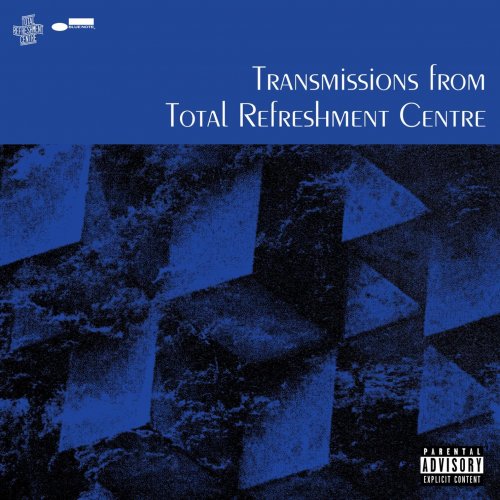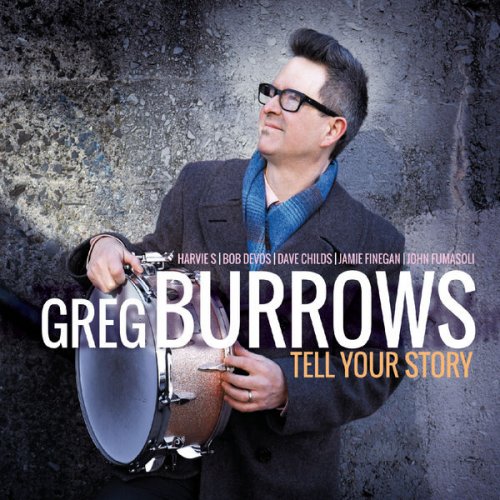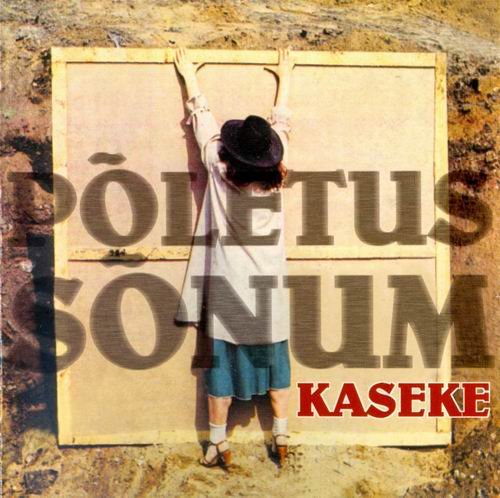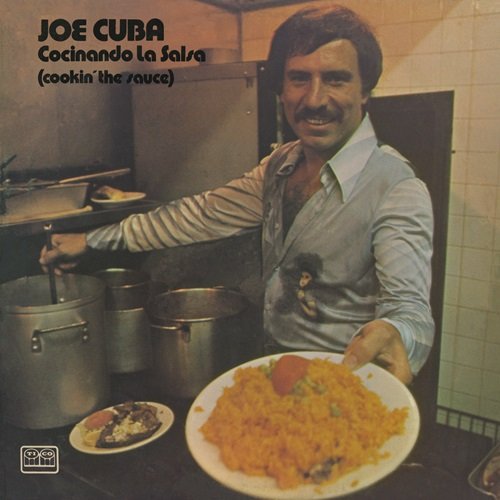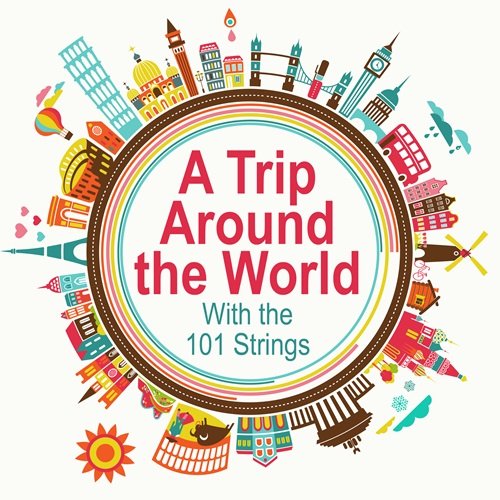Marc Albrecht - Strauss: Elektra (2012) [SACD]
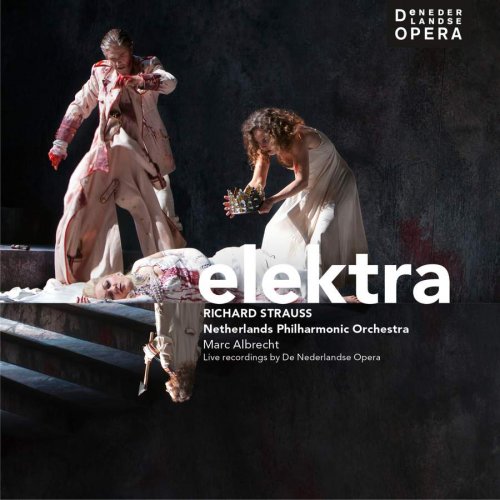
Artist: Netherlands Philharmonic Orchestra & Toonkunst Choir Amsterdam, Marc Albrecht
Title: Strauss: Elektra
Year Of Release: 2012
Label: Challenge Classics
Genre: Classical
Quality: DST64 image (*.iso) 2.0 / 5.1
Total Time: 1:42:56
Total Size: 5.59 GB
WebSite: Album Preview
Tracklist:Title: Strauss: Elektra
Year Of Release: 2012
Label: Challenge Classics
Genre: Classical
Quality: DST64 image (*.iso) 2.0 / 5.1
Total Time: 1:42:56
Total Size: 5.59 GB
WebSite: Album Preview
Disc 1
1. "Wo bleibt Elektra?"
2. "Allein! Weh, ganz allein"
3. "Elektra! Ah, das Gesicht"
4. "Ich kann nicht sitzen und ins Dunkel starren"
5. "Was willst du! Seht doch, dort!"
6. "Ich will nichts hören!"
7. "Ich habe keine guten Nächte."
8. "Wenn das rechte Blutopfer unterm Beile fällt"
9. "Was bluten muss?"
10. "Lichter"
11. "Orest! Orest ist tot!"
12. "Platz da!"
13. "Wie stark du bist!"
Disc 2
1. "Nun denn, allein!"
2. "Was willst du, fremder Mensch?"
3. "Wer bist denn du?"
4. "Orest!"
5. "Du wirst es tun? Allein?"
6. "Ich habe ihm das Beil nicht geben können!"
7. "He! Lichter! Lichter!"
8. "Helft! Mörder!"
9. "Elektra, Schwester!"
10. "Wir sind bei den Göttern"
11. "Schweig, und tanze"
12. "Applause
• This recording of Richard Strauss’s opera Elektra by De Nederlandse Opera (The Netherlands Opera) was made in November 2011 at the Amsterdam Music Theatre. In addition to an impressive cast, it features the Netherlands Philharmonic Orchestra and the Toonkunst Choir Amsterdam conducted by Marc Albrecht.
The Netherlands Opera (DNO) is the Netherlands’ largest opera company and is based in The Amsterdam Music Theatre. It has grown into one of Europe's most prominent and progressive opera companies under the leadership of artistic director Pierre Audi and managing director Truze Lodder. Since the 2011-2012 season Marc Albrecht has been the chief conductor of both DNO and the Netherlands Philharmonic Orchestra/Netherlands Chamber Orchestra. Marc Albrecht is known for his interpretations of works by Wagner and Richard Strauss, and of contemporary music, and has been a guest conductor with many top orchestras including the Berlin Philharmonic, Munich Philharmonic, Royal Concertgebouw Orchestra, City of Birmingham Symphony Orchestra, and the Chamber Orchestra of Europe.
Richard Strauss’s opera Elektra received its world premiere on January 25th 1909 in the Hofoper in Dresden. Despite being based on ancient Greek mythology, the opera is highly modernistic and expressionist in style, and shocked audiences at the time with its raw, brutal and bloodthirsty approach to its subject.
• Challenge Classics' audiophile presentation of Richard Strauss' one-act opera Elektra deserves serious attention for the excitement of the Netherlands Opera's production, which was recorded in October 2011, and for the excellence of the SACD/DSD format, which gives listeners real value for the price. The cast, which features Evelyn Herlitzius as Elektra, and includes Michaela Schuster as Clytemnestra, Camilla Nylund as Chrysothemis, Hubert Delamboye as Aegisthus, and Gerd Grochowski as Orestes, meets Strauss' extreme vocal demands, though Herlitzius especially possesses the stamina and emotional power to carry her role to its grim end. Marc Albrecht, a respected authority on Strauss' operatic music, leads the Netherlands Philharmonic Orchestra with energy and urgency, so the suspense and violence of the intense score come across with disturbing vividness and considerable shock value, particularly in the explosive brass and percussion, the grinding dissonances, and in the truly sinister sonorities in the low register. While it is relatively short and still recognizably tonal (despite Strauss' attempt to push his music to the edge of atonality), Elektra is not an easy opera to appreciate because of its psychological complexity. Furthermore, the libretto is only provided in German in the hardcover package, so listeners who require a translation will need to look elsewhere. But if any modern recording can be recommended as a valuable introduction to this work, this one certainly works well for its sustained power and transparent reproduction. ~ Blair Sanderson
The Netherlands Opera (DNO) is the Netherlands’ largest opera company and is based in The Amsterdam Music Theatre. It has grown into one of Europe's most prominent and progressive opera companies under the leadership of artistic director Pierre Audi and managing director Truze Lodder. Since the 2011-2012 season Marc Albrecht has been the chief conductor of both DNO and the Netherlands Philharmonic Orchestra/Netherlands Chamber Orchestra. Marc Albrecht is known for his interpretations of works by Wagner and Richard Strauss, and of contemporary music, and has been a guest conductor with many top orchestras including the Berlin Philharmonic, Munich Philharmonic, Royal Concertgebouw Orchestra, City of Birmingham Symphony Orchestra, and the Chamber Orchestra of Europe.
Richard Strauss’s opera Elektra received its world premiere on January 25th 1909 in the Hofoper in Dresden. Despite being based on ancient Greek mythology, the opera is highly modernistic and expressionist in style, and shocked audiences at the time with its raw, brutal and bloodthirsty approach to its subject.
• Challenge Classics' audiophile presentation of Richard Strauss' one-act opera Elektra deserves serious attention for the excitement of the Netherlands Opera's production, which was recorded in October 2011, and for the excellence of the SACD/DSD format, which gives listeners real value for the price. The cast, which features Evelyn Herlitzius as Elektra, and includes Michaela Schuster as Clytemnestra, Camilla Nylund as Chrysothemis, Hubert Delamboye as Aegisthus, and Gerd Grochowski as Orestes, meets Strauss' extreme vocal demands, though Herlitzius especially possesses the stamina and emotional power to carry her role to its grim end. Marc Albrecht, a respected authority on Strauss' operatic music, leads the Netherlands Philharmonic Orchestra with energy and urgency, so the suspense and violence of the intense score come across with disturbing vividness and considerable shock value, particularly in the explosive brass and percussion, the grinding dissonances, and in the truly sinister sonorities in the low register. While it is relatively short and still recognizably tonal (despite Strauss' attempt to push his music to the edge of atonality), Elektra is not an easy opera to appreciate because of its psychological complexity. Furthermore, the libretto is only provided in German in the hardcover package, so listeners who require a translation will need to look elsewhere. But if any modern recording can be recommended as a valuable introduction to this work, this one certainly works well for its sustained power and transparent reproduction. ~ Blair Sanderson
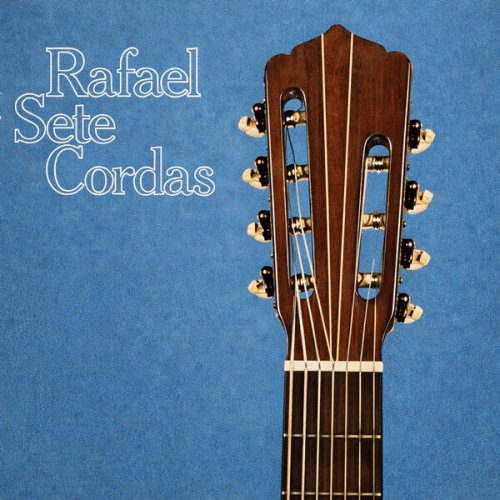
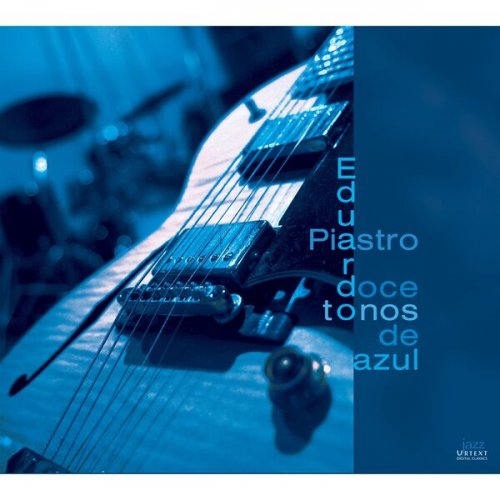
![The Dave Brubeck Quartet - Time Out (1959) [2022 DSD256] The Dave Brubeck Quartet - Time Out (1959) [2022 DSD256]](https://www.dibpic.com/uploads/posts/2026-01/1769324559_folder.jpg)
![Evan Hause - Cosmic Divan (2026) [Hi-Res] Evan Hause - Cosmic Divan (2026) [Hi-Res]](https://www.dibpic.com/uploads/posts/2026-01/1769363782_cover.jpg)
